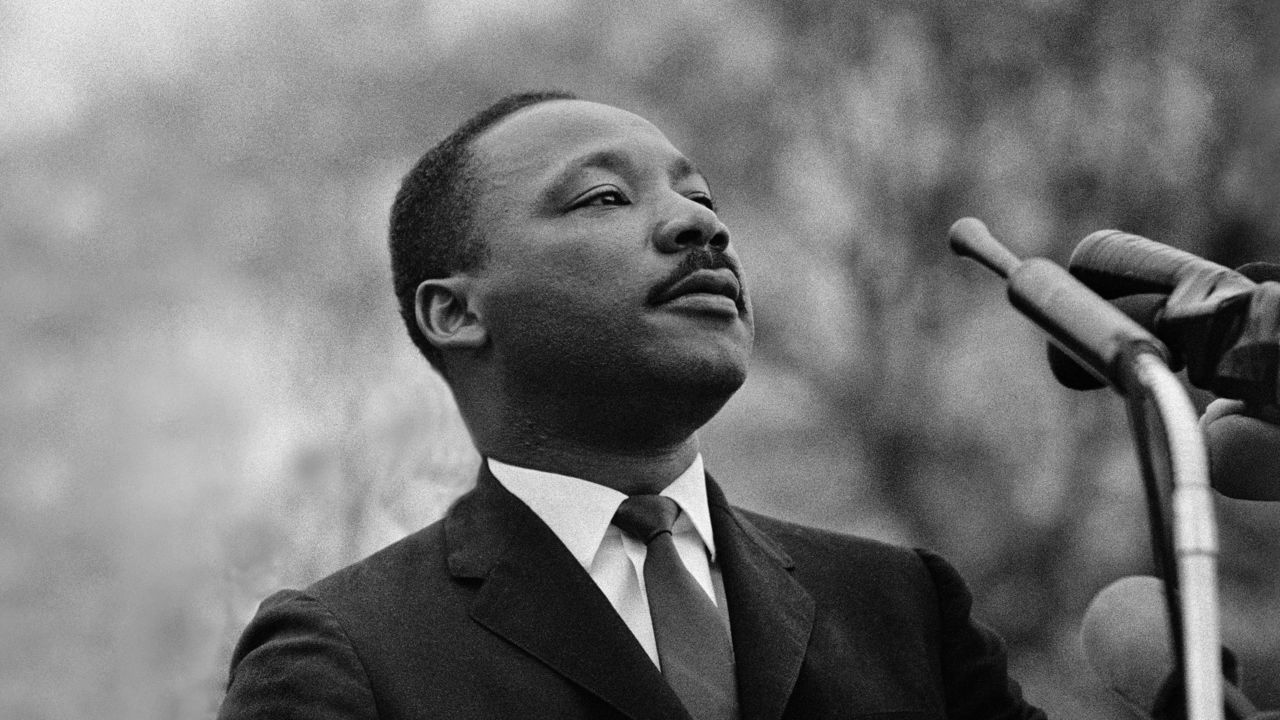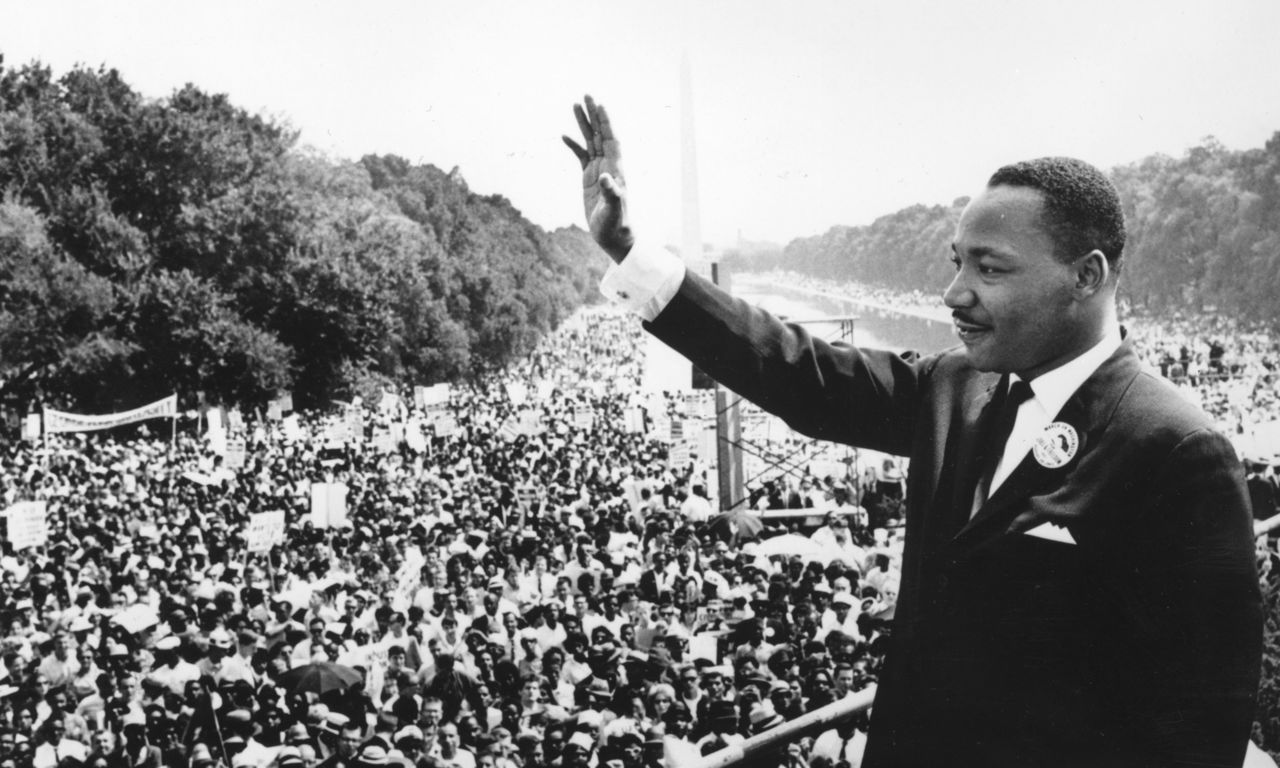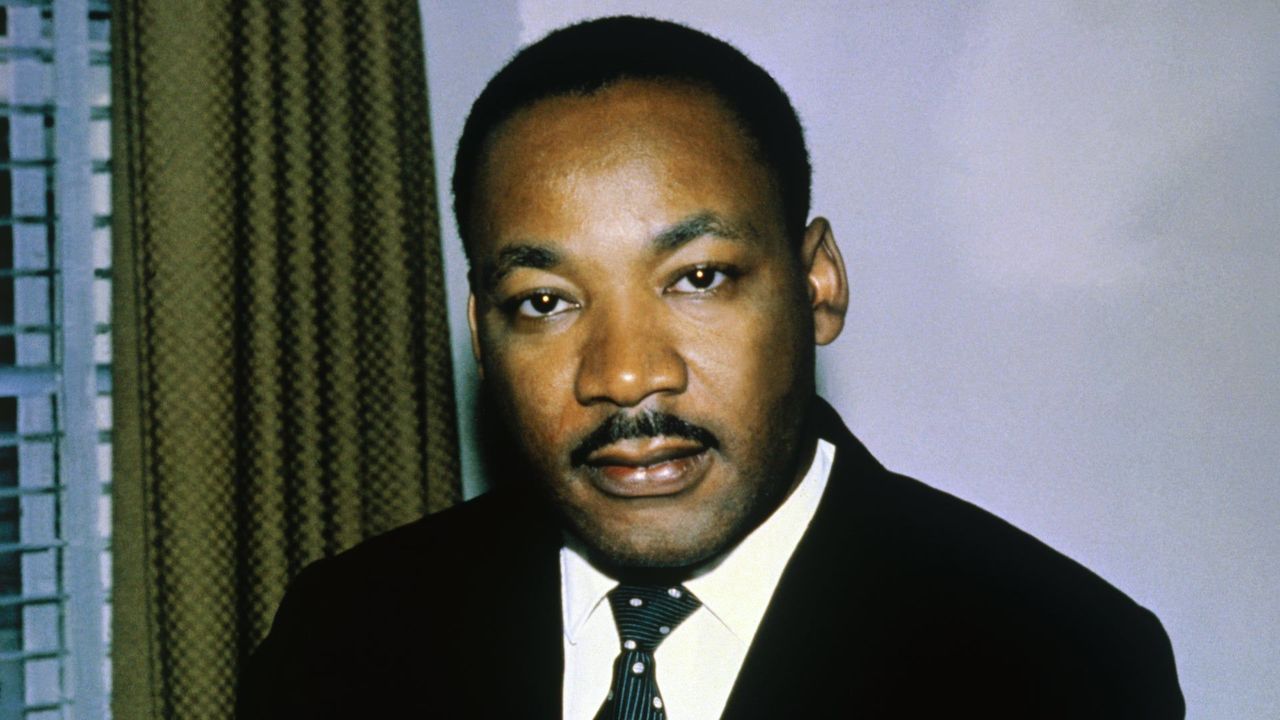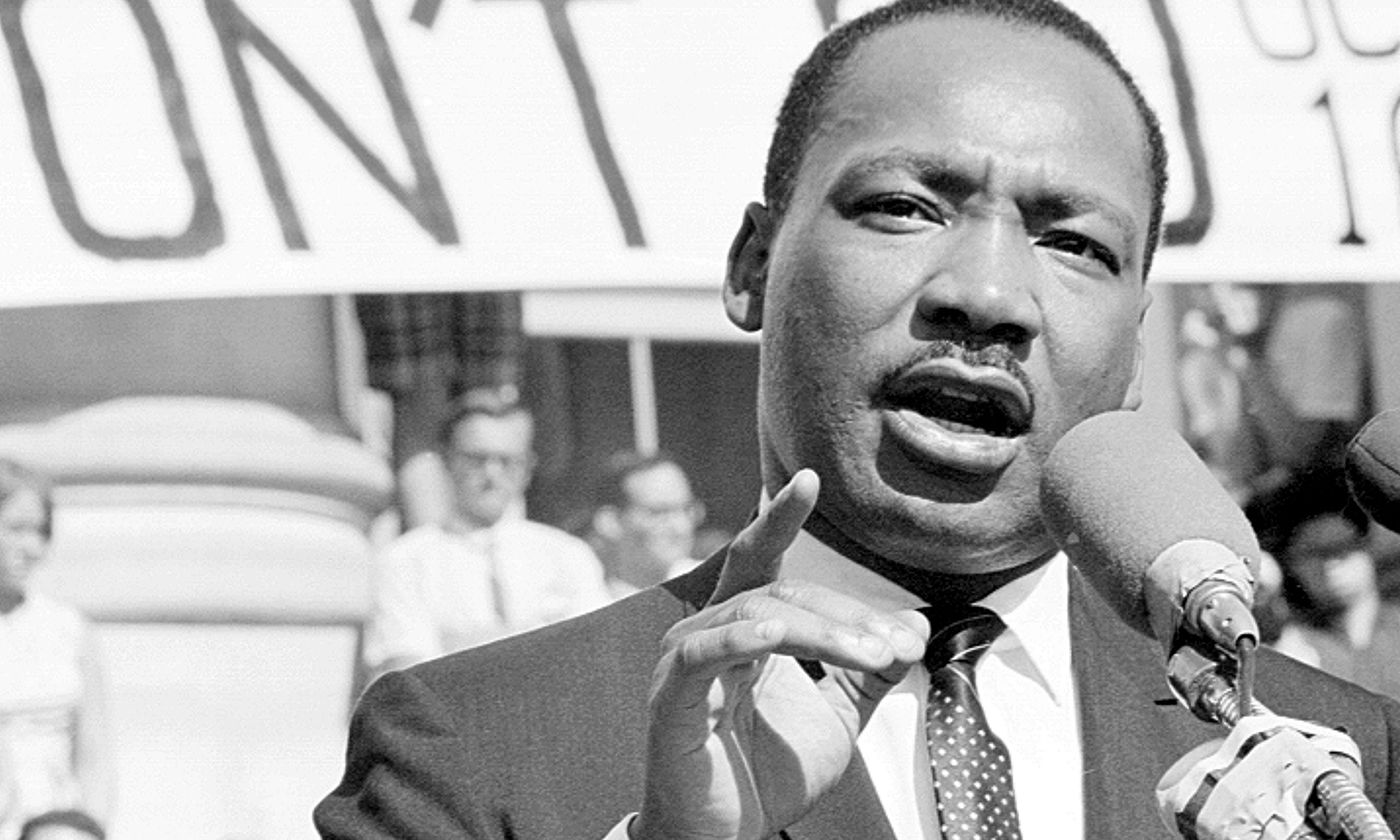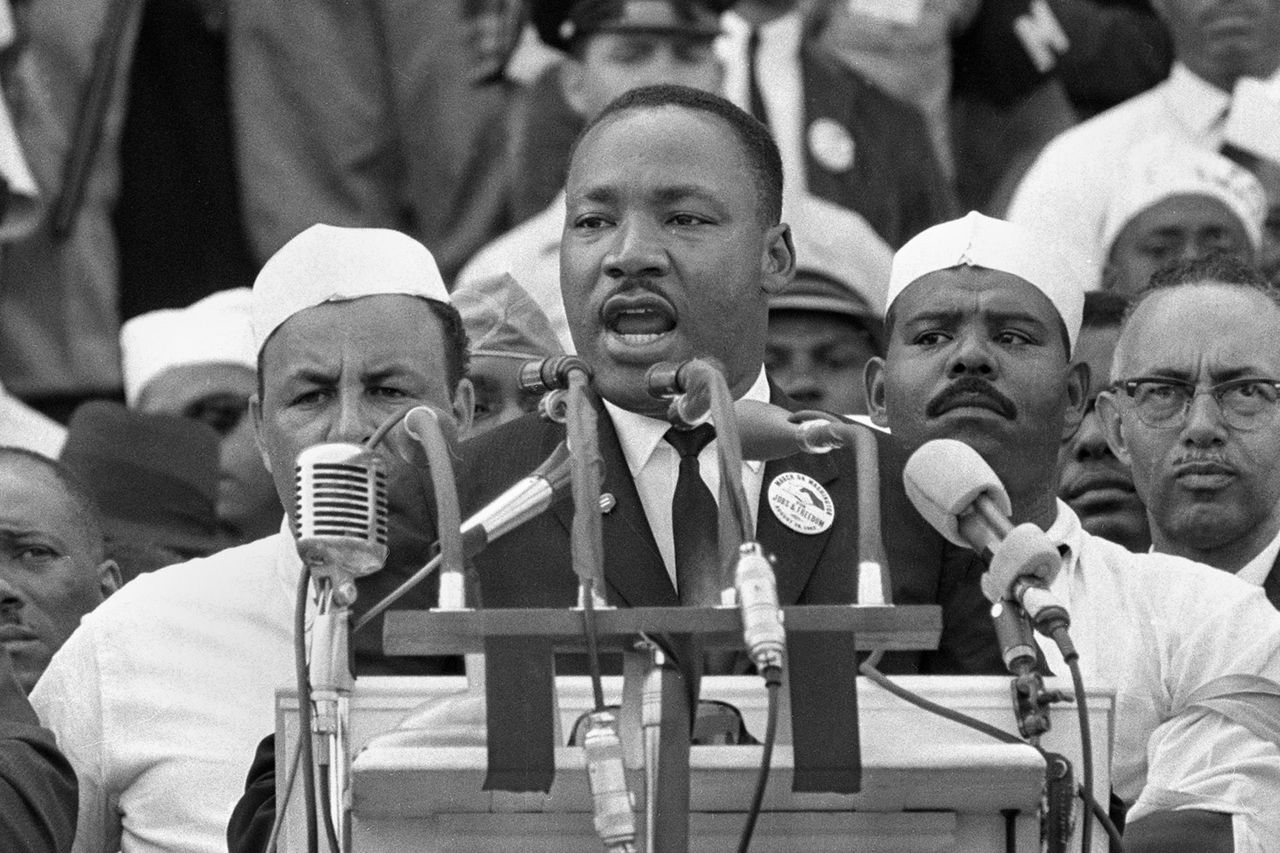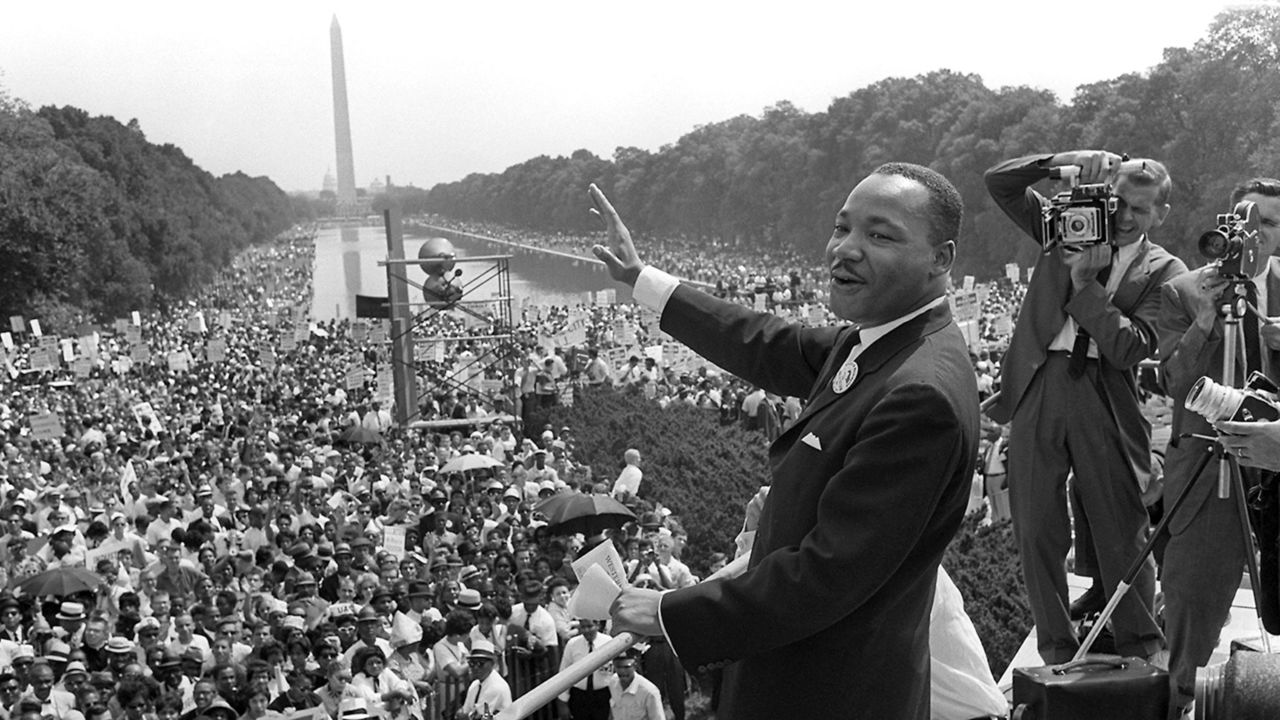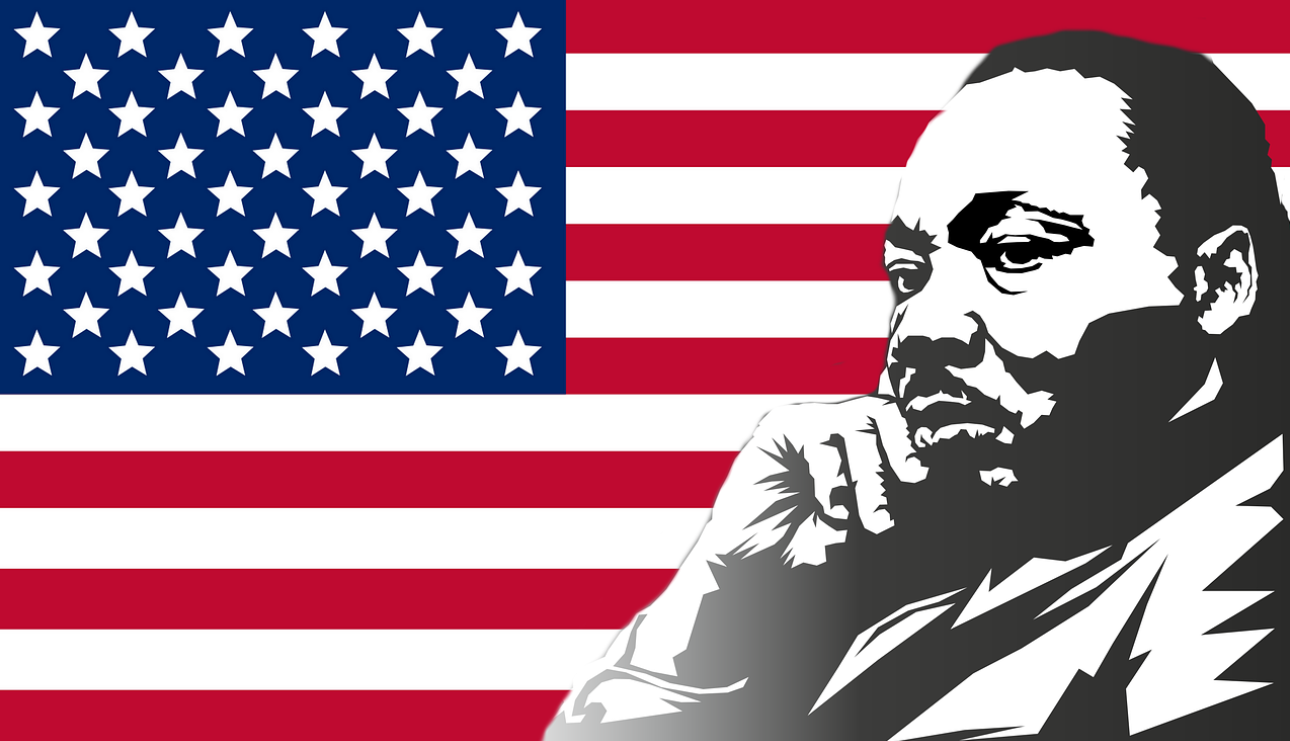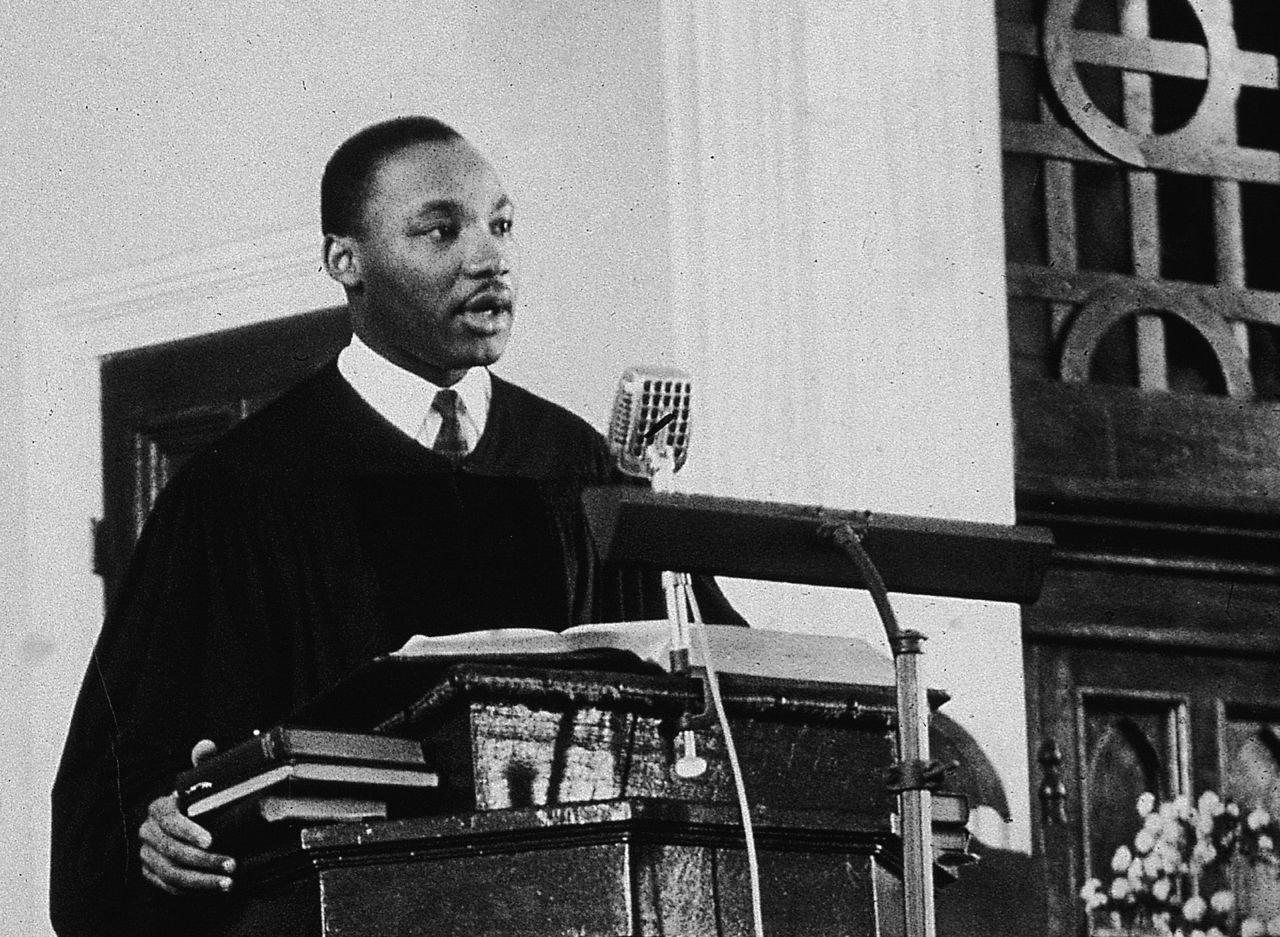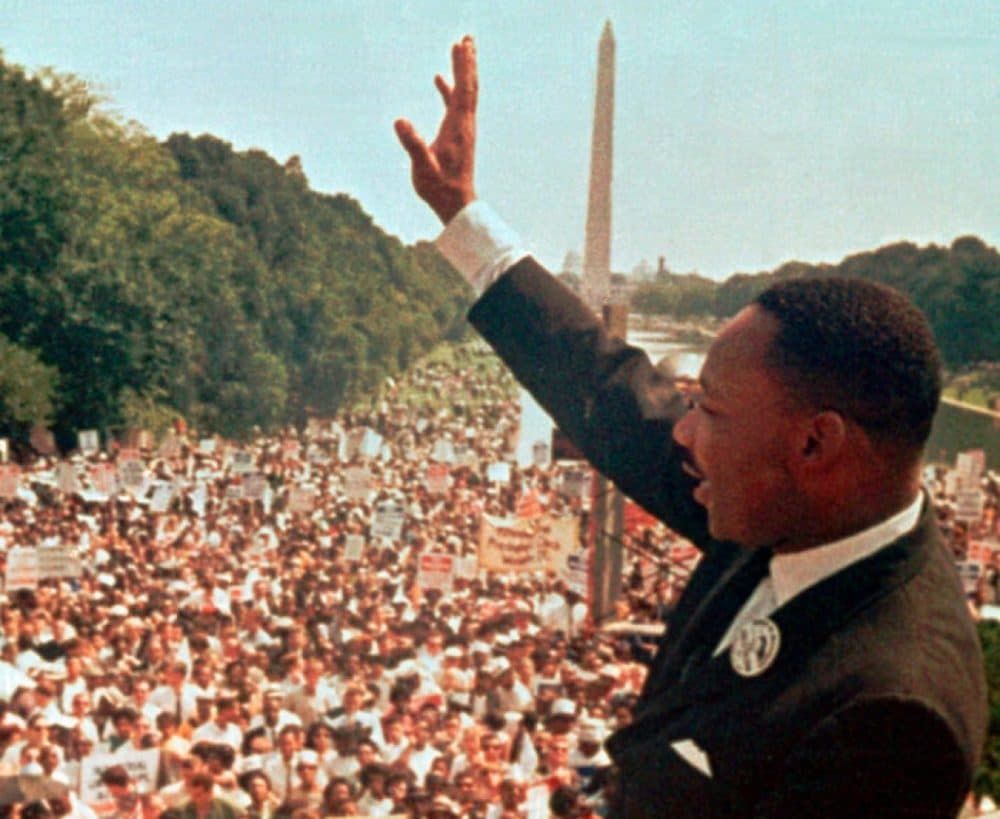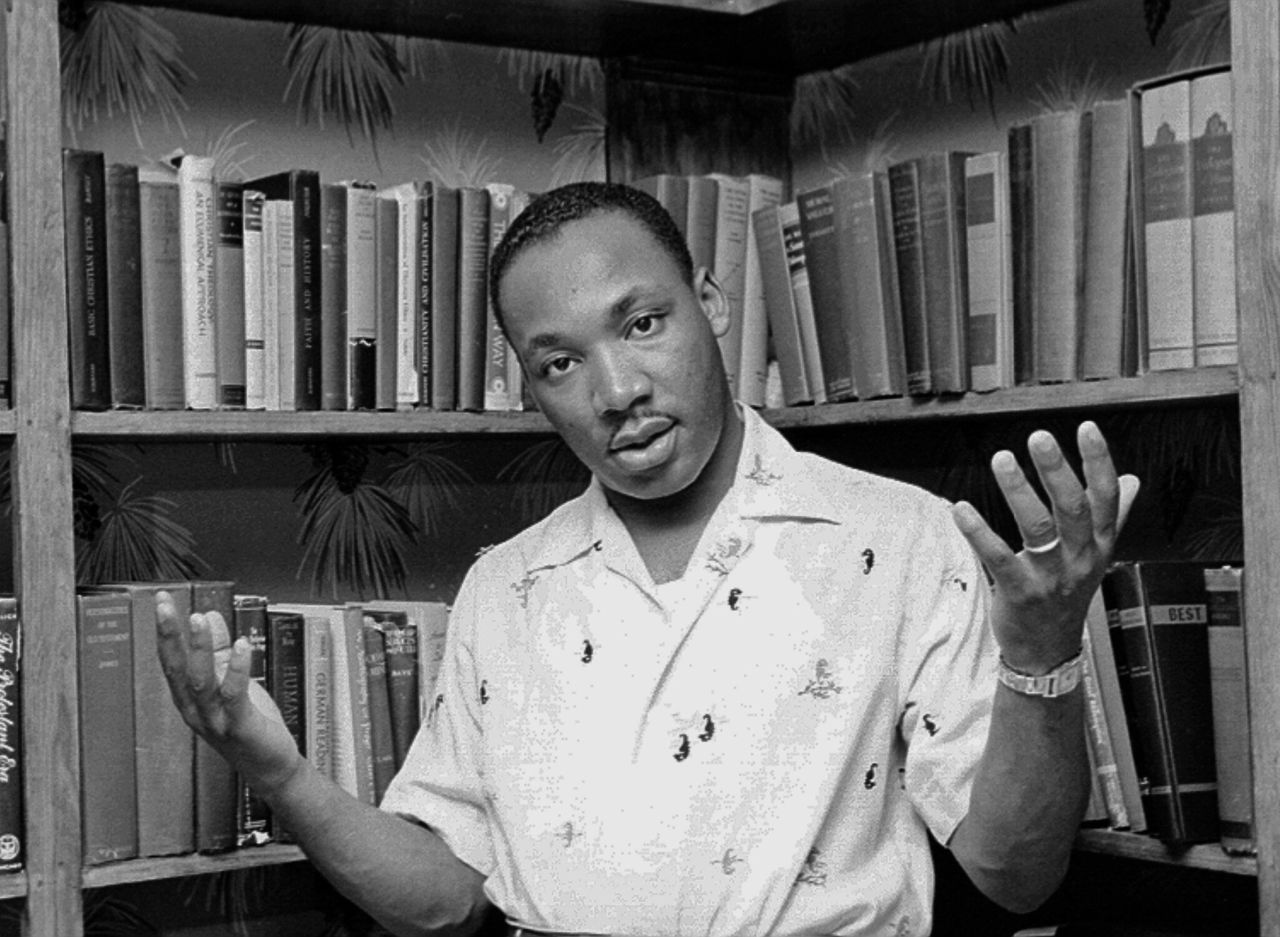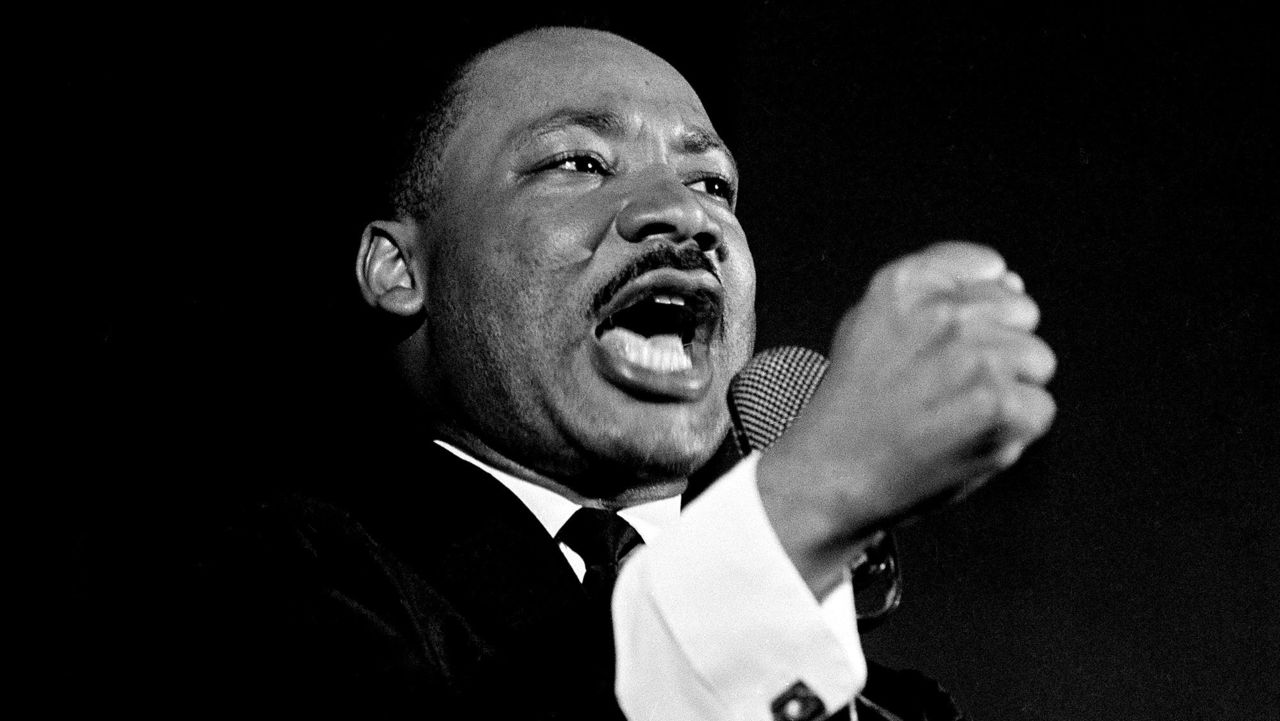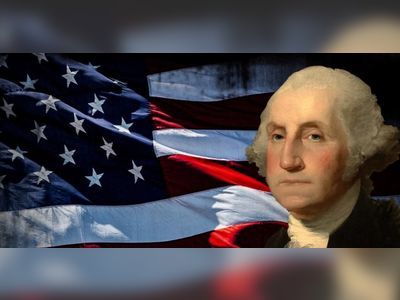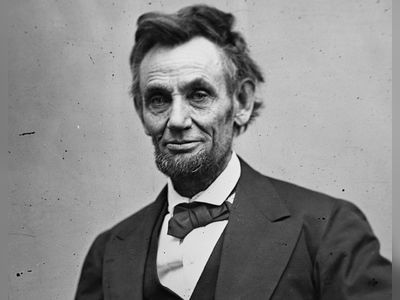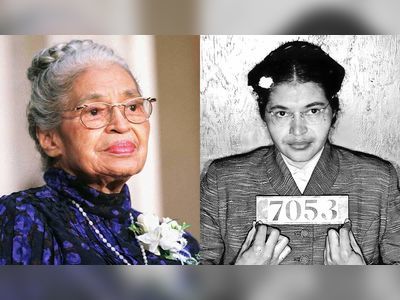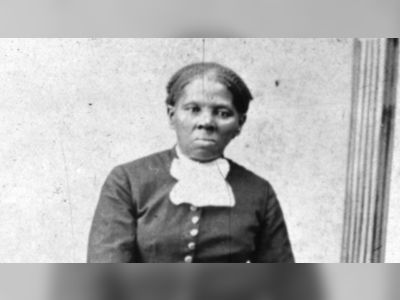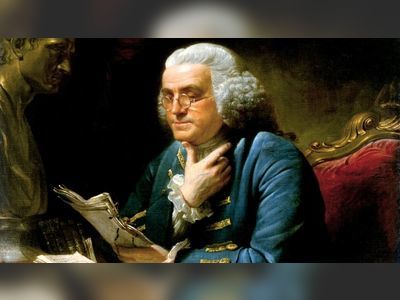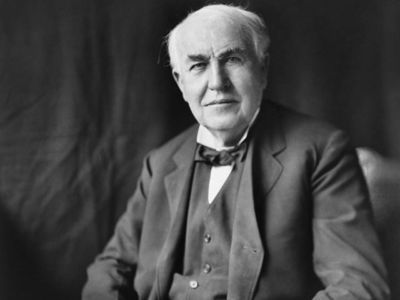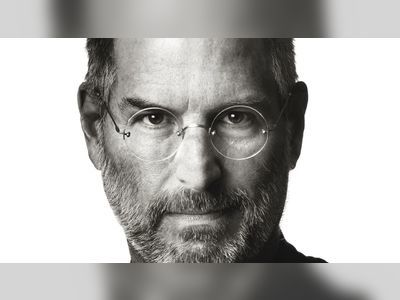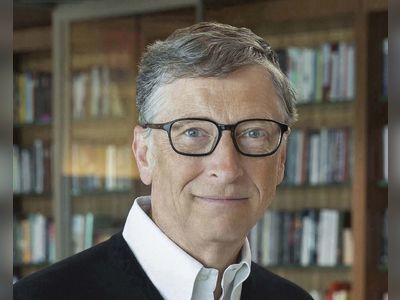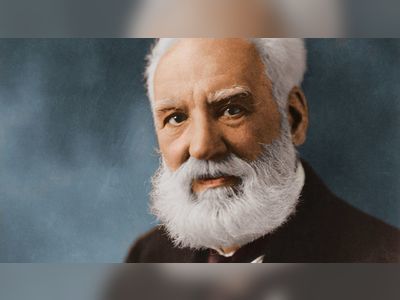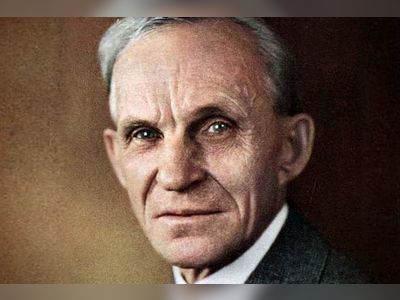American Talent
The Greatest That Made It Great
American ingenuity architects
A chronicle of brilliance
I Have a Dream by Dr. Martin Luther King, Jr
The advances in racial, social, and economic equality in the United States are tangible evidence of Martin Luther King Jr.'s lasting impact on American culture. The civil rights movement was profoundly influenced by his fervent advocacy, inspiring vision, and unyielding dedication to nonviolence, all of which continue to inform contemporary battles for justice. King made significant strides toward the realization of America's foundational principles of liberty and equality for all through his enormous talent as an orator, organizer, and leader.
The name Martin Luther King Jr. immediately conjures up images of American social justice movements past and present. King, a staunch advocate for civil rights, galvanized the country to confront and address its long-standing racial divide. His fiery oratory, unwavering dedication to nonviolence, and inspiring vision were all encapsulated in his iconic "I Have a Dream" speech, the echoes of which may still be heard down the halls of American history.
